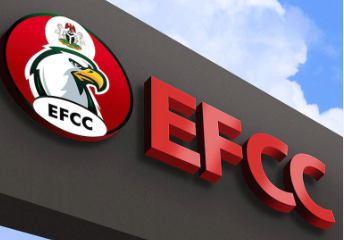By Chioma Obinagwam
As part of efforts to boost the revenue base of the country, the Central Bank of Nigeria(CBN) has introduced a new policy which will subject customers of Deposit Money Banks(DMB) to N50 stamp duty for money that comes into their accounts through electronic transfer, cash and cheques.
The aim is to source funds from the non-oil sectors of the economy following the sharp fall in oil prices.
“Nigeria is exploring opportunities in the non-oil sector of the economy, especially taxes and rates. It is in recognition of this fact that banks and financial institutions are enjoined to support Government’s Revenue generation drive through compliance with the provisions of Stamp Duties Act, LFN 2004 as reinforced by the court judgement in Suit No FHC/CS/1710/2013. In this regard, the CBN pursuant to the provisions of its enabling laws, hereby issues this circular to all DMBs and other financial institutions,” the CBN said in a statement.
The CBN, however, noted that payments deposits or transfer of self to self whether inter or intra bank and any form of withdrawals or transfers from savings account will be exempted from the N50 stamp duty.
“It should be noted that theses charges are only payable by receiving accounts. Each DMB shall open an account designated as NIPOST Stamp Duties Account into which all charges collected shall be paid. The balances in such accounts shall be transferred monthly by the DBMs to the CBN NIPOST Stamp Duty Collection Account No 3000047517,” the statement continued.
Moreover, it added that other financial institutions are expected to remit their Stamp Duty collections to DMBs of their choice.
Recall that apart from boosting its revenue base, the CBN has rolled out a number of policies aimed at strengthening the naira, the ban of sale of Forex to Bureau De Change operators(BDCs), lifting the ban on foreign deposits are among the policies.

 Entertainment5 days ago
Entertainment5 days ago
 Health1 week ago
Health1 week ago
 Health4 days ago
Health4 days ago
 Football1 week ago
Football1 week ago
 Football1 week ago
Football1 week ago
 Crime4 days ago
Crime4 days ago
 Crime1 week ago
Crime1 week ago
 Education6 days ago
Education6 days ago













